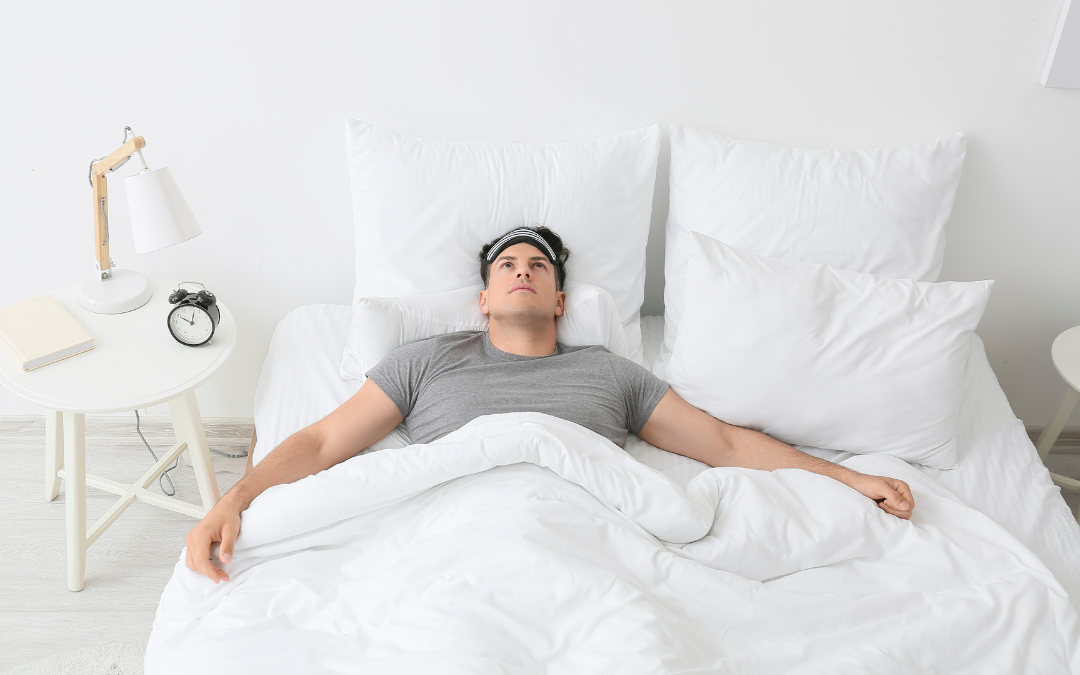News
What good sleep means for your health

It can be difficult to get the kind of sleep that doctors typically recommend. While the recommendations given by sleep experts can vary depending on the age of the individual and their personal health needs, it's typically recommended that the average person gets at least seven to eight hours of sleep a night. How many of us actually reach that recommendation? And what can you do to improve your sleep if it's suffering?
What creates a poor sleep schedule?
Of course, there are many reasons why your sleep schedule may be less than perfect. In fact, a study of 54,722 people 50 years old and older from 16 different countries revealed that sleep problems are quite common in the older European population. Other factors that could impact your sleep quality include stress, the quality of your mattress and sheets, spending too much time looking at a screen, and so much more. When these factors overtake your sleep schedule, you could start seeing negative effects.
How does good sleep affect your health?
It can be difficult for people to fully recharge their physical bodies, and recover as needed, without sleep. Sleep is incredibly important for your cardiovascular health. Your heart is able to rest, experiencing less reactivity while your sleep. Additionally, sleep allows you to regulate your breathing and enables your heart and blood vessels to repair themselves. For these reasons, a lack of good sleep is actually associated with an increased risk for diabetes, kidney disease, stroke, high blood pressure, and heart disease.
Similarly, your mental health is affected by the quality of your sleep. If you're drowsy and physically tired, this will affect your ability to think clearly. Furthermore, people who have not been able to achieve good sleep often report increased levels of irritability. Poor mental health can affect your ability to work, socialize, and even exercise properly.
How can I improve my sleep?
Everyone's specific sleep issues are individual to them, but there are things that you can do to ensure that you get a better night's sleep. Your sleep setting could be at fault as much as health issues might be. For example, if your sheets are irritating your skin, you may want to switch to hypoallergenic sheets so that you are better able to relax. In a similar sense, your mattress may be causing back pain without your even realizing it. It may be time to switch to one more suited to your needs.
No matter what, consider talking to your doctor. They could have great suggestions as well.













